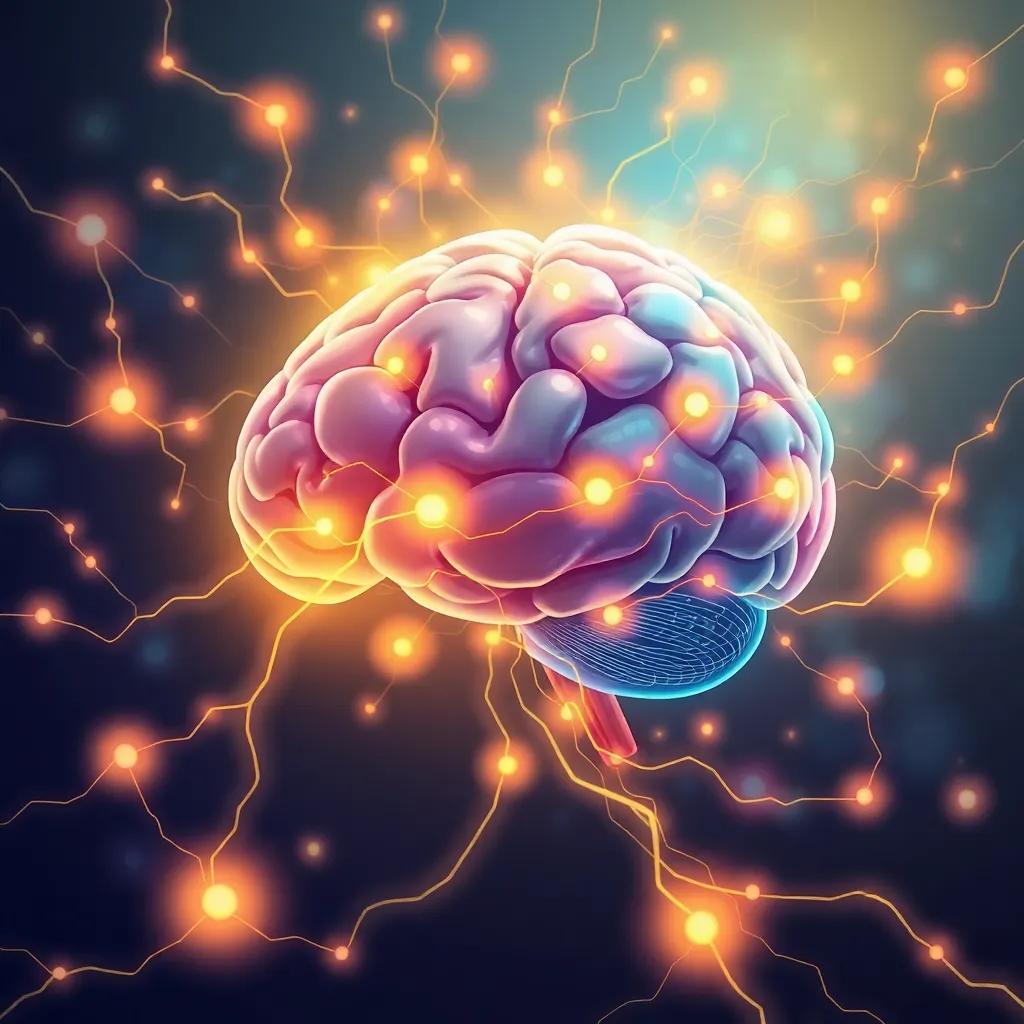Explore how neurofeedback works, its applications in treating mental health conditions, and practical tips for incorporating it into daily routines.
Neurofeedback offers a promising, non-invasive approach to improving mental health by training the brain to self-regulate.
Understanding Neurofeedback
Neurofeedback, also known as EEG biofeedback, is a type of therapy that uses real-time displays of brain activity—most commonly electroencephalography (EEG)—to teach self-regulation of brain function. This technique is based on the principle that the brain can change its activity levels to improve performance, behavior, and emotional regulation.
How Neurofeedback Works
During a neurofeedback session, sensors are placed on the scalp to measure electrical activity in the brain. This information is then fed back to the individual in real-time, often through visual or auditory signals. The goal is to help the person learn to control or modify their brain activity. For example, someone with anxiety might learn to increase activity in brain regions associated with calmness and relaxation.
Applications in Mental Health
Neurofeedback has been used to treat a variety of mental health conditions, including anxiety, depression, and ADHD. Research published in the Journal of Neurotherapy
suggests that neurofeedback can significantly reduce symptoms of ADHD in children and adults. Similarly, a study in the Journal of Affective Disorders
found that neurofeedback can be an effective treatment for depression, particularly when combined with other therapies.
Practical Tips for Incorporating Neurofeedback
For those interested in trying neurofeedback, there are several options available. Professional therapy sessions with a trained neurofeedback practitioner are the most effective, but there are also at-home devices that can provide some benefits. It’s important to consult with a healthcare provider before starting any new treatment.
The Future of Neurofeedback
As research continues, the potential applications of neurofeedback are expanding. Some experts believe that neurofeedback could revolutionize mental health treatment by providing a non-invasive, drug-free alternative to traditional therapies. According to Dr. John Gruzelier, a leading researcher in the field, Neurofeedback has the potential to transform the way we approach mental health, offering personalized, brain-based solutions that can be tailored to each individual’s needs.




